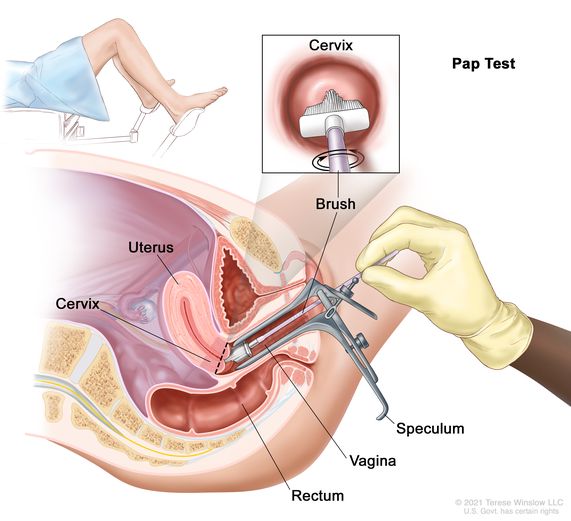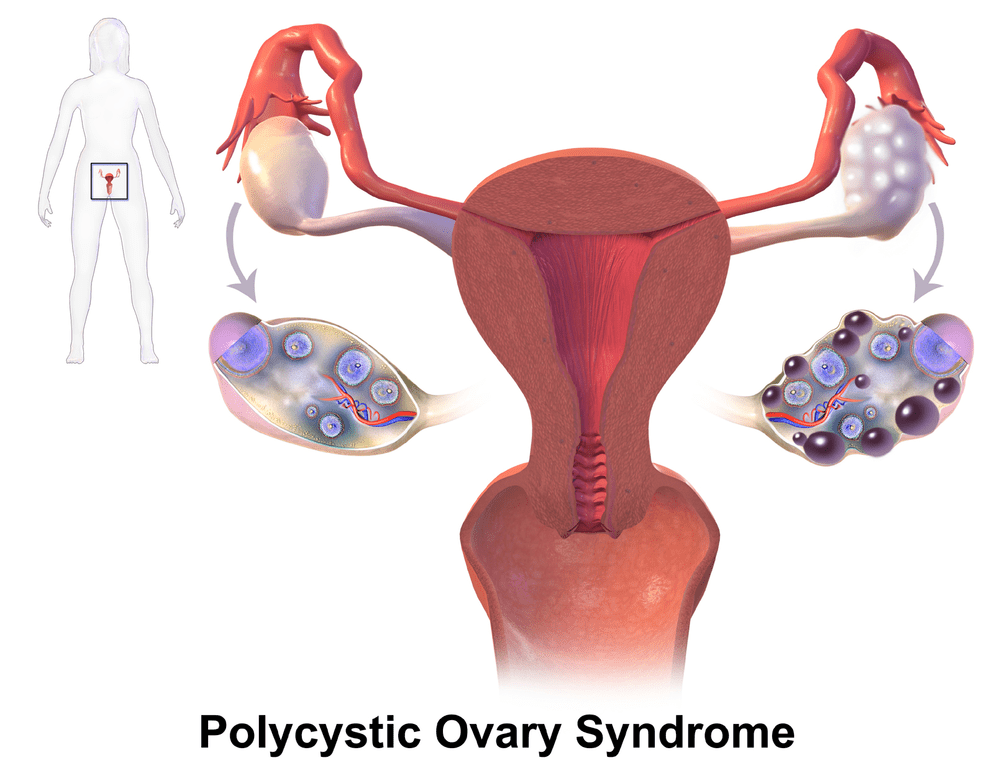A Pap smear, also called a Pap test, is a procedure to screen for cervical cancer in women. It is also a quick and simple way to detect any abnormalities in the cervical cells that suggest cancer may develop in the future. Detecting these abnormal cells early with a Pap smear is the first step in reducing the risk of developing cervical cancer or halting its possible development. In addition, early detection of cancerous cells gives you a greater chance at a cure. In taking a first step, you can book a Pap smear test on the DRO Health app to start.

When Should Women Get a Pap Test and How Often?
Doctors generally recommend that women ages 21 to 65 have a Pap smear procedure every 3 years, unless they have certain risk factors. Risk factors would require more frequent Pap smears, and the frequency would be determined by your doctor. These risk factors include:
● A diagnosis of cervical cancer or a previous Pap smear that showed precancerous cells
● HIV infection
● Exposure to diethylstilbestrol (DES) before birth
● Weakened immune system due to organ transplant, chemotherapy chronic corticosteroid use
● A history of smoking
From age 30, women may choose Pap testing every five years if the procedure is combined with testing for the human papillomavirus (HPV).
What Is a Pap Smear Procedure Like?
A Pap smear involves collecting cells from your cervix. During the procedure, a small brush is used to gently scrape cells from the surface of the cervix and the area around it. The cells are then examined for any abnormal growth which could be cancerous cells or cells that may lead to cervical cancer. The procedure could be mildly uncomfortable, but doesn’t usually result in any long-term pain.
How Do You Prefer For a Pap Test?
Doctors recommend these tips 48 hours before your test to ensure that your Pap smear gives the most accurate results:
● Do not have sexual intercourse or use lubricants
● Avoid douching(rinsing the vagina with water, vinegar, or other fluids)
● Do not insert anything into the vagina. This includes tampons, creams, gels, etc.
● Do not use sprays or powders around the vagina
Doctors do not recommend scheduling a Pap smear during your menstrual period as heavy flow may affect the results.

What Happens During The Pap Test?
A Pap smear takes only a few minutes and is performed in your doctor’s office. During the procedure:
- You’ll lie on your back on an examination table with your legs spread and your knees bent while your feet rests in supports called stirrups.
- Your doctor will gently insert a device called a speculum into your vagina. This device keeps the vaginal walls open and provides access to the cervix. Some women may feel a sensation of pressure in the pelvic area during the insertion of the speculum.
- Your doctor will then scrape a small sample of cells from your cervix using a small brush and a spatula. This usually doesn’t hurt, although you may experience some discomfort.
What Happens After The Pap Test?
The sample of cells from your cervix will be preserved and sent to a lab to be examined for the presence of abnormal cells. Find out from your doctor when you can expect the results of your test. After your Pap smear, you can go about your day as usual. It is normal to feel mild discomfort from the scraping or some cramping. You could also experience minor vaginal bleeding immediately after the test. If the discomfort or bleeding continues after the day, inform your doctor.
What Do The Results of a Pap Smear Mean?
There are two possible results from a Pap smear; normal or abnormal.
Normal Pap smear: A normal or negative pap smear result means that no abnormal cells were spotted. If your results are normal, your next Pap smear is recommended to be in three years.
Abnormal Pap smear: An abnormal Pap smear result doesn’t always mean you have cancer. It just means that there are abnormal cells on your cervix, and some of them could be precancerous. Milder abnormal cells are more common than severe abnormalities.
Are Pap Smear Results Accurate?
Pap tests are very accurate. Regular Pap tests reduce cervical cancer rates and mortality by at least 80 percent. Although Pap smears can be uncomfortable, the brief discomfort is a small price to pay to protect your health for life.
Our final words,
Pap Smear (Pap smear test) is still a rising phenomenon among women, especially women living in Nigeria. However, as we help to spread the word about the importance of it, we’re also encouraging women who fall under the age group mentioned above from 21 years and above to get a pap smear.
On the DRO Health app, we offer pap smears with our women standard health bundle for N23,300. Visit www.drohealth.com today to book and schedule a session with a doctor today. The first step to beating cervical cancer is getting a pap smear, so start today.






